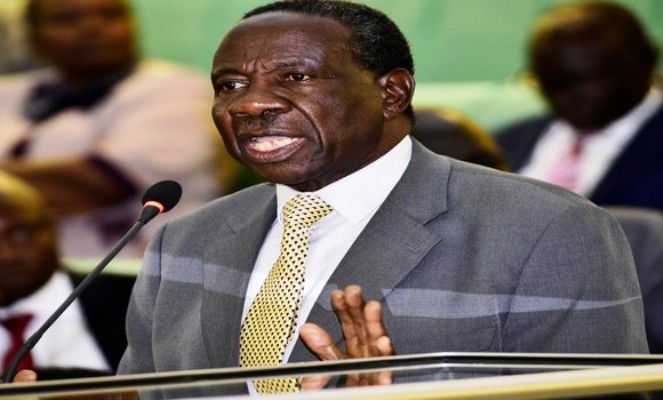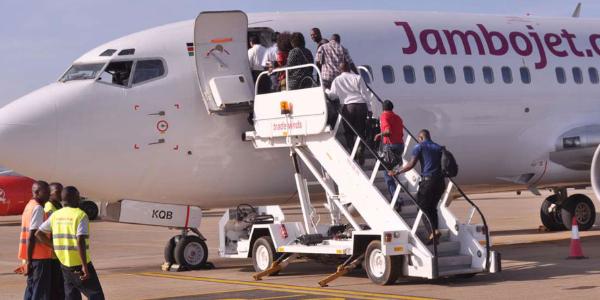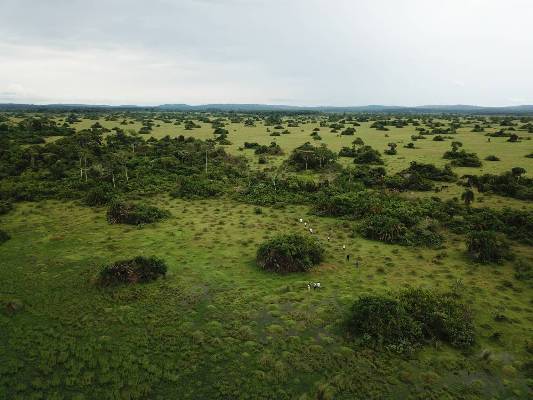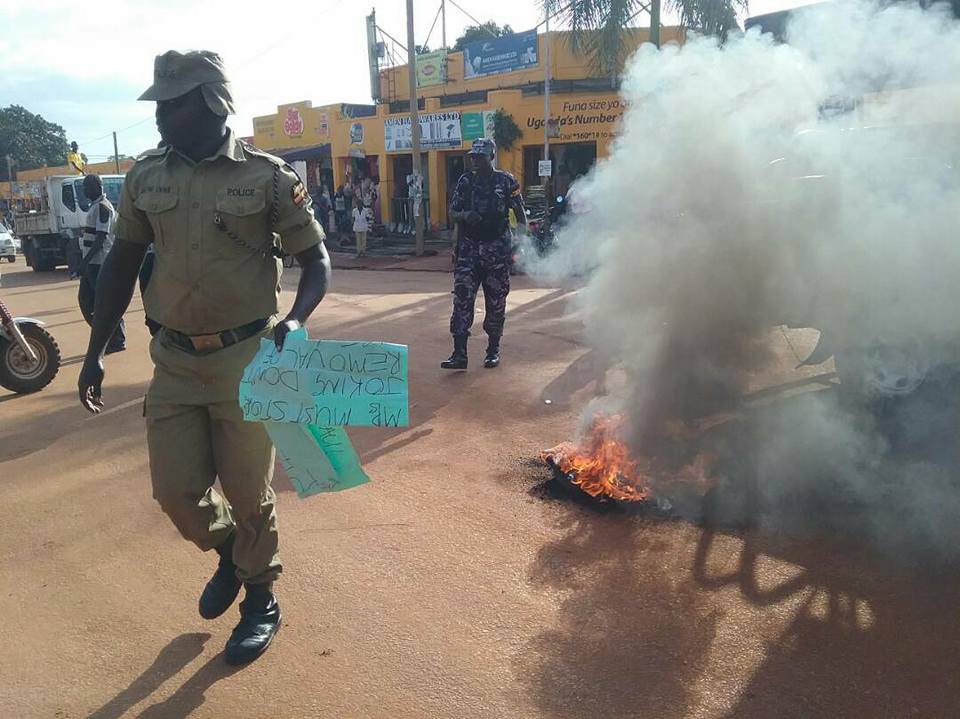Finance Minister Matia Kasaija
Government will not provide funds for coffee and tea seedlings in the next financial year.
According to the Minister of Finance, Planning and Economic Development, Hon. Matia Kasaija, this has been triggered by the revenue short falls arising from the COVID-19 pandemic and its effect on the economy.
“At the beginning of this financial year, the economy was recovering from the effects of COVID-19. This resulted into short falls in revenue collections and budget cuts for government to accommodate various needs and expenditures,” Kasaija said.
He said government will however, use the Parish Development Model (PDM) funds to extend agricultural inputs including coffee seedlings to farmers.
“Operationalisation of PDM will ensure access to a number of wealth creation funds including funds for coffee and coffee seedlings amounting to Shs44.6 billion and Shs32 billion respectively,” Kasaija told MPs during the plenary sitting on Thursday, 12 May 2022.
MPs said this was betrayal to farmers who have been accustomed to supplying seedlings to government and those who have been receiving seedlings from government.
The Deputy Speaker, Thomas Tayebwa, wondered how the strategy would work.
“We have people who have seedlings in nursery beds, and they know government has been buying these seedlings every year. You also have farmers whose gardens are ready and they are used to receiving seedlings. Now you wake up all of a sudden and say people are going to buy seedlings under the PDM which you have not sent,” Tayebwa said.
The Deputy Speaker added that Parliament has received petitions from coffee farmers about the inadequate funding to the sector in the current financial year.
Kasaija had revealed that only 87 per cent of the approved budget for Uganda Coffee Development Authority was released.
“We are requesting that you release 100 per cent of money for coffee seedlings; it was not among the money frozen by government. We need to know if all the money for National Agriculture Advisory Services has been utilised,” he said.
Legislators requested Kasaija to allow nursery bed operators whose seedlings have matured to sell to farmers and get a refund from government.
“MPs that represent coffee growing communities get a lot of calls on this issue. Would it be right for government to make a commitment to citizens allowing them to have the coffee seedlings distributed in hope that when government gets money, they will be paid?” asked Godfrey Katusabe (FDC, Bukonjo County West).
The Chairperson of the Committee on Agriculture, Animal Industry and Fisheries, Hon. Janet Okori Moe said coffee trees in the Elgon and Rwenzori regions need to be replaced but expressed fears that there will be no replacements if government suspends funding to the sector.
“It is difficult to understand how a farmer in those regions will be able to do the stamping and replacing of the old coffee trees,” she added.
Kasaija agreed to this arrangement but reiterated that his ministry would be able to pay farmers in a period of two to three years. He said this would apply to both coffee and tea seedling farmers.
“As a man in charge of this economy I know people have grown seedlings both for coffee and tea; the season is running out, people are crying, we shall give permission to nursery operators to sell what they have in gardens and we shall pay them in two to three years,” Kasaija said.






Coffee is the country’s main cash crop. Government should continue supporting coffee farmers.